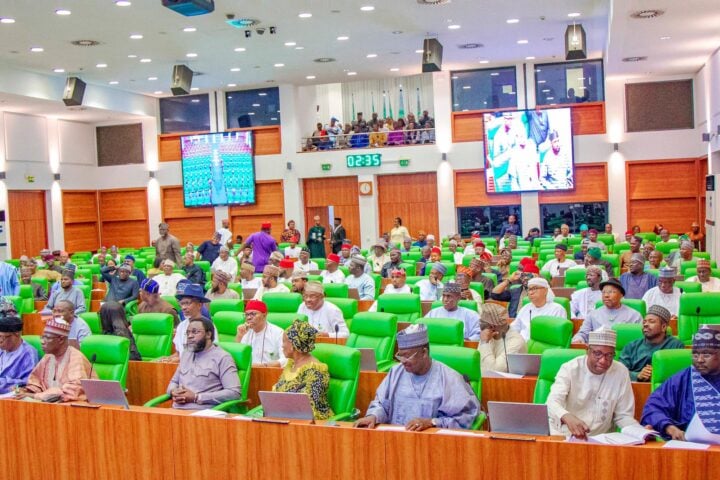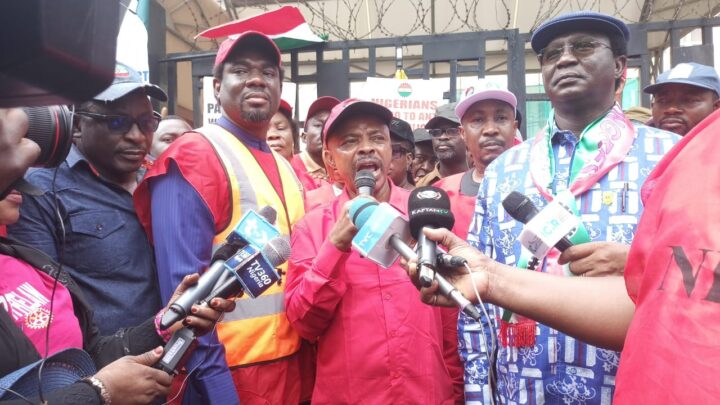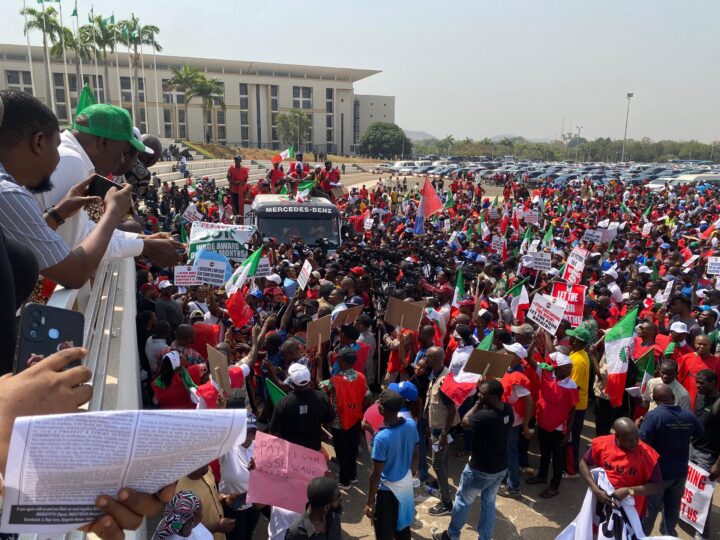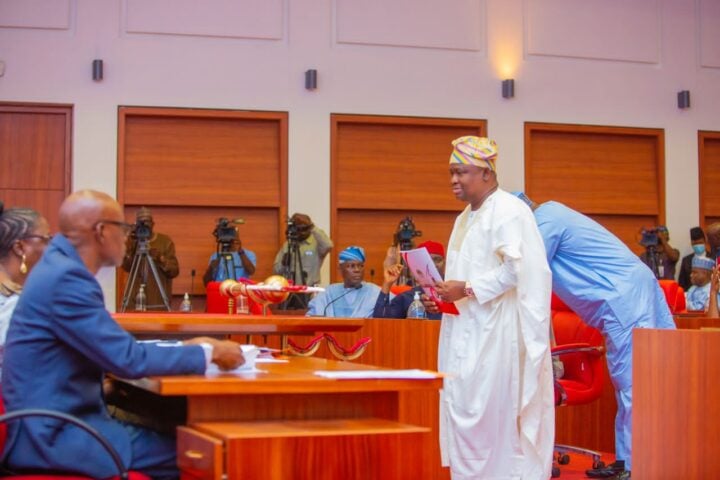A house of representatives panel investigating the hike in the prices of cement has summoned cement manufacturers for ignoring its invitation.
Jonathan Gbefwi, chairman of the committee, gave the management of the cement companies—Dangote, BUA, Lafarge, Ashaka, and Eagle, among others — a 14-day ultimatum to appear before the panel.
In March, the house of representatives mandated the joint committees on solid minerals development, commerce, industry, and special duties to investigate the “arbitrary” increase in the prices of cement by manufacturers.
At the time, the price of cement reached a record high, fluctuating between N8,000 and N10,000 per bag.
Advertisement
The senate also resolved to probe the hike in the prices of cement and other building products in the country.
CEMENT PRODUCERS IGNORE INVITATION
But during the committee’s sitting on Tuesday, the cement manufacturers failed to appear before the lawmakers.
Advertisement
Angered by the non-appearance of the cement producers, Gbefwi said they have 14 days to appear before the panel.
“We are trying to see to the development of our country. Just as it was emphasised in the opening remarks, cement is to building what air is to every human being,” the lawmaker said.
“We owe them a duty of care because they are equally Nigerians. We are giving them 14 days to make their submissions.
“We have seen in Lagos where you have Nigerians under the bridge and paying rent. Why? If this product were available, I do not believe we would go to that length. Moreover, God has given this nation resources in abundance.
Advertisement
“So, this joint committee resolves to give them 14 days from now and not 14 working days but 14 days to make sure that they make their submissions and appear before this house.”
Benjamin Kalu, deputy speaker of the house, who represented Tajudeen Abbas, his principal, said the government needs to address the housing deficit in the country.
Citing a research by the African Development Bank (AfDB), Kalu said there is a housing deficit of up to 16.9 million units in the country.
He added that Lagos, Ibadan, Kano, and Abuja have a 20 percent rise in housing needs annually.
Advertisement
“The current total output in the formal housing sector is estimated at not more than 100,000 units,” the deputy speaker said.
“While factors like exchange rates have contributed to the price increases across various commodities, it is encouraging to see the positive results of the renewed hope administration’s policies under the leadership of Bola Tinubu.
Advertisement
“Notably, the naira has shown remarkable strength against the dollar in recent weeks, and Fitch Ratings, a global credit rating agency, recently revised Nigeria’s credit outlook to positive from stable.”
Kalu said the goal of lawmakers is to collaboratively “find solutions to navigate the challenges” in the housing sector.
Advertisement
“The persistent rise in cement prices has had a detrimental impact not only on the building environment but also on the entire economy,” he said.
Advertisement
Add a comment






